The cost of grading a card depends on factors like the card’s value, grading company, and desired turnaround time. Grading fees typically include assessment, encapsulation, and authentication.
Factors affecting pricing will be discussed in the following section, helping you understand the variables influencing the final grading cost.
How Much Does It Cost to Get a Card Graded?
Grading cards involve a notable cost that varies by company. Pinpointing exact per-card expenses is tough due to differing companies. Prices, as per company websites, range from $20 to $10,000.
Begin by selecting a grading company, and gauging its expenses. This clarifies your potential spending to grade your sports cards effectively.
Factors that Affect the Cost Card Grading
When considering the endeavor of getting your cherished trading cards graded, one crucial aspect that demands attention is the cost involved. The cost of card grading can significantly impact your decision-making process, as it is a determining factor that can shape your overall experience.
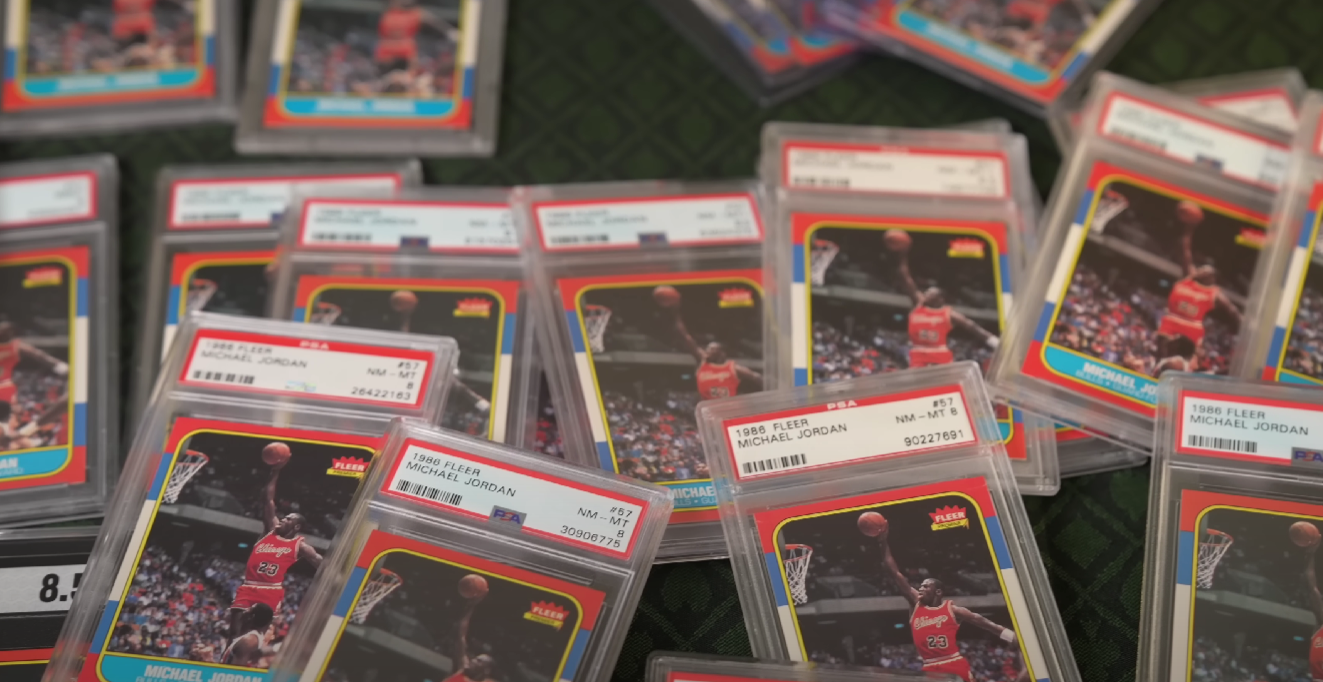
While it’s undeniable that the cost of grading varies from card to card, company to company, and even service level to service level, it’s essential to delve into the various factors that play a role in influencing the final expense.
By understanding these factors, you can make informed decisions about how to navigate the world of card grading without any unexpected financial surprises.
Grading Company Choice and Reputation
The grading company you opt for holds considerable sway over the cost you’ll incur. Established grading companies with a reputation for accuracy and authenticity may charge higher fees due to their credibility and demand.
Companies like PSA (Professional Sports Authenticator) and Beckett Grading Services, known for their stringent grading standards, often charge premium rates for their services. Conversely, newer or lesser-known grading companies might offer more competitive pricing to attract customers.
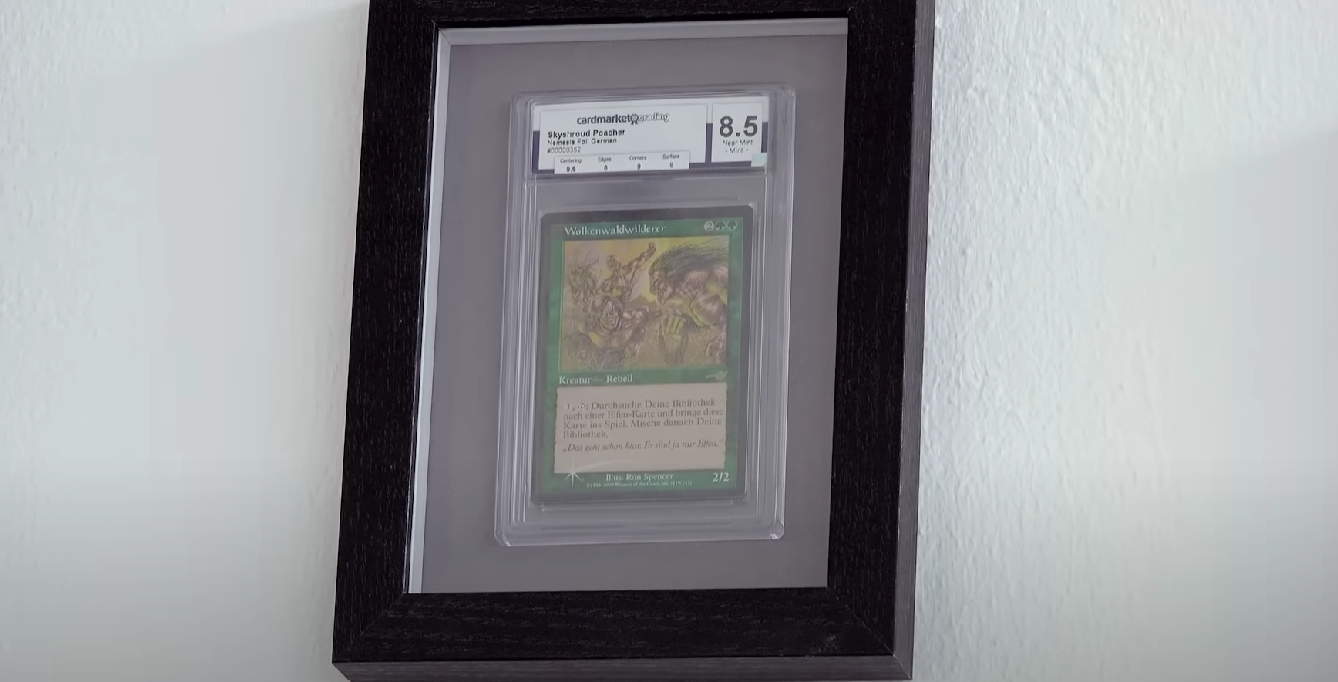
Therefore, it’s crucial to research the reputation and credibility of different grading companies and weigh them against the cost they charge.
Card Value and Rarity
The value and rarity of your trading card directly impact the grading cost. High-value and rare cards are often subject to higher grading fees. This is partly because the perceived value of the card influences the level of scrutiny and care required during the grading process.
Grading companies often provide different tiers of services, ranging from standard to express grading, each with its associated costs. For extremely valuable cards, opting for higher-tier services might be necessary to ensure the card’s security and accurate evaluation.

Card Condition and Quality
The condition of the card is a paramount factor in determining the grading cost. Cards in pristine condition, with minimal wear and no noticeable flaws, are likely to receive higher grades and thus command higher fees.
On the other hand, cards with significant wear, creases, or damage may receive lower grades, which can impact the overall value of the card. The complexity of evaluating the card’s condition influences the time and expertise required from graders, thereby affecting the grading cost.
Desired Turnaround Time
The urgency with which you want your cards graded can also impact the cost. Grading companies typically offer different tiers of turnaround times, ranging from standard (which takes longer) to expedited (which is faster but costs more).
Opting for a faster turnaround time usually comes with an additional fee, as it requires the grading company to allocate resources and manpower to meet the requested deadline. If time is of the essence, you’ll need to weigh the cost against the urgency of having your cards graded quickly.
Additional Services and Features
Grading companies often provide various optional services and features that can affect the total cost. These extras may include options such as autograph authentication, card encapsulation in premium holders, or special labels denoting specific attributes of the card.

While these services can enhance the overall presentation and value of the graded card, they also come with added expenses. It’s essential to evaluate whether these extras align with your goals and budget before opting for them.
How Much Does It Cost to Get a Card Graded by PSA?
PSA offers a range of grading packages tailored to your card’s value. The “Value” option starts at $20 for cards valued at $499 or less. The “Economy” package, at $50, is for cards with a value under $499.
The “Regular” package, at $100, suits cards not exceeding $999 in value. Packages like “Express” ($200), “Super Express” ($300), and “Walk-Through” ($600) serve cards up to $4,999 in value.
Premium packages cater to higher values, starting from $1,000 for $10,000–$24,999 cards, and extending to $10,000 for cards worth $250,000 or more. Determine your card’s value using PSA’s Photograde for accurate assessment.
How Long Does It Take to Get a Card Graded by PSA?
At present, the availability of certain grading packages impacts the determination of the turnaround time. Unfortunately, the value, economy, and regular packages are currently suspended, making their turnaround times uncertain.
However, for the express package, you can expect a wait of about one to two months before your cards are returned to you. The super express and walk-through packages offer a quicker estimated turnaround time, usually around three weeks.
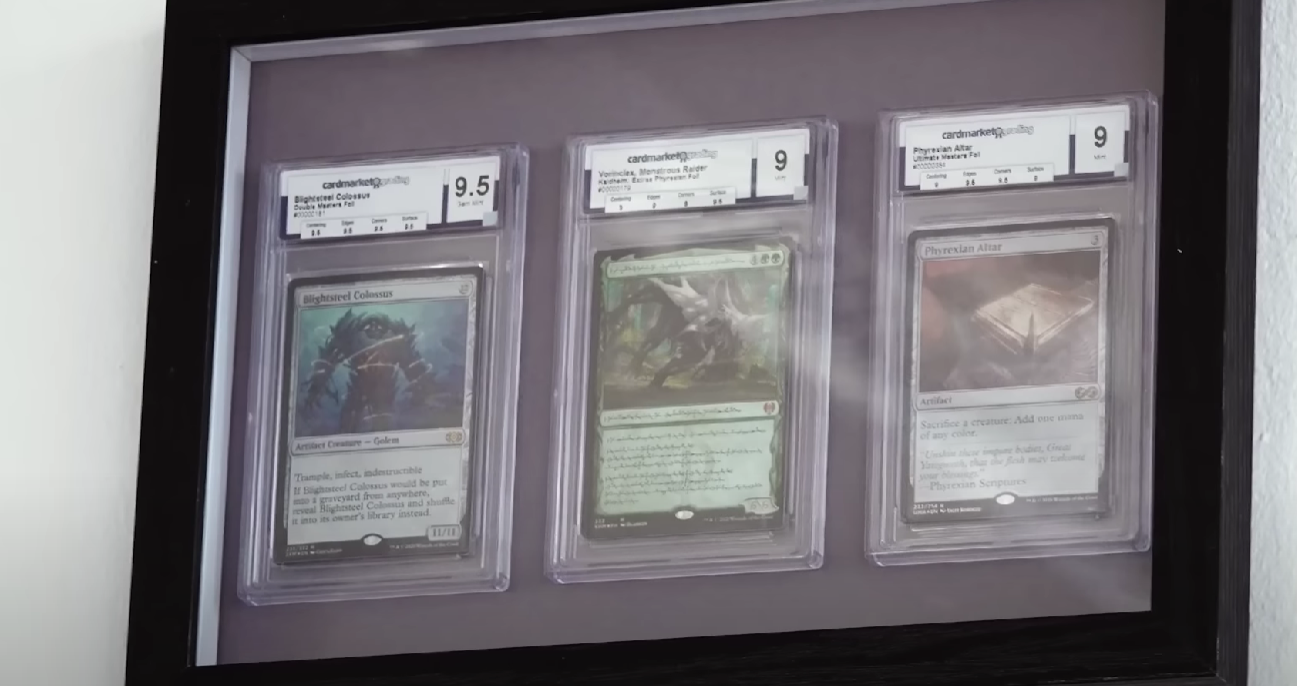
How Much Does It Cost to Get a Card Graded by BGS?
Similar to PSA, BGS provides various grading packages. You can also choose to include a subgrade for your card. The “Economy” package costs $20 per card without a subgrade and $35 with a subgrade.
Their “Standard” package is $30 without a subgrade and $50 with a subgrade. The “Express” option, priced at $100 without a subgrade and $150 with a subgrade, is currently suspended.
Presently, only the “Premium” package is available for $125 without a subgrade and $250 with a subgrade.
How Long Does It Take to Get a Card Graded by BGS?
The speed of getting your cards back after grading depends on the package you choose. While the economy package suggests a 30-day turnaround, it’s more common to wait six months or more.
The standard package aims for a 10-day return but often takes around five months. Express promises a five-day return but expects 10 to 15 business days.

Premium claims a two-day return, yet realistically, it usually takes at least five business days or even more for your cards to be returned. Remember, actual times may differ from initial estimates.
How Much Does It Cost to Get a Card Graded by Sportscard Guaranty Corporation(SGC)?
SGC offers a comprehensive range of grading options based on card value and turnaround time. For cards worth under $1,500, standard turnaround is $30, or express is $250. Cards valued under $3,500 cost $85 for standard and $250 for express.
For cards valued under $7,500, both standard and express are $250. Up to $20,000 in value, it’s $500 for both. Cards up to $50,000 cost $1,000, up to $100,000 cost $2,000, and over $100,000 cost $3,750, all for standard or express.
How Long Does It Take to Get a Card Graded by SGC?
SGC states that their standard turnaround typically ranges from 20 to 25 business days, while their express service usually takes 1 to 3 business days.
However, in practice, it’s more common for cards to be returned within approximately 65 to 70 business days for standard turnaround. These estimates provide a general idea, but actual return times may vary.
What Are Other Costs Associated With Card Grading?
While the primary cost of getting a card graded is influenced by factors like the grading company, card value, and desired turnaround time, there are additional costs to consider that can impact your overall grading experience.
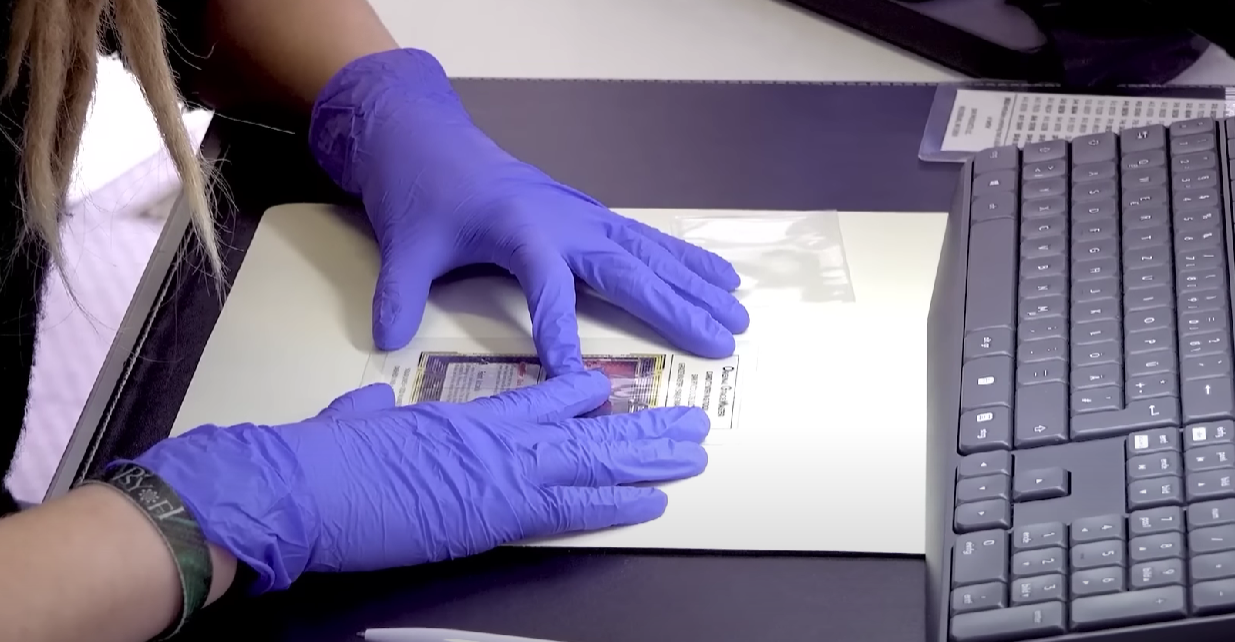
These ancillary expenses contribute to the total investment required for card grading and should be factored into your decision-making process.
Shipping Costs
Shipping your cards to the grading company is an essential step in the process. However, shipping costs can vary based on factors such as the shipping method [1], distance, and the value of insurance you choose.
Expedited shipping or insurance for high-value cards may come with higher fees. It’s advisable to research shipping options and their associated costs before sending your cards to ensure they arrive safely at the grading company’s facility.
Insurance Fees
As your trading cards hold value, insuring them during transit and while in the possession of the grading company is a prudent choice. Many grading companies offer insurance options to protect your cards against loss or damage.
While insurance provides peace of mind, it adds to the overall cost of getting your cards graded. Weigh the value of your cards against the cost of insurance to determine if it’s a worthwhile investment for you.
Packaging Materials
Properly packaging your cards for transit is crucial to prevent damage. While this isn’t a direct grading cost, investing in quality packaging materials like protective sleeves, top loaders, and bubble wrap adds a layer of security to your cards.
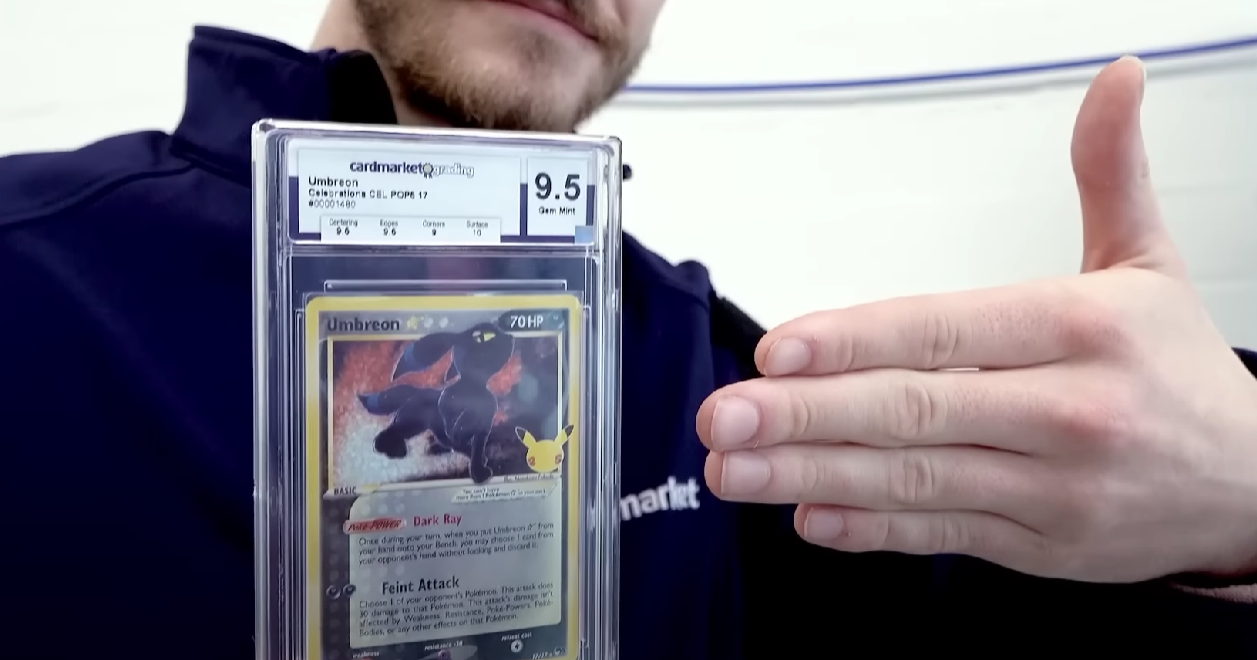
These materials ensure your cards remain in their intended condition while en route to the grading company.
Additional Services
Grading companies often offer optional additional services that enhance the presentation and value of your graded cards. These services can include custom labels, autograph authentication, and card encapsulation in premium holders.
While these extras provide added value, they come with their fees. Consider whether these services align with your goals for the graded cards and factor their costs into your budget.
Reholdering and Resubmission
Over time, you might decide to reholder or resubmit your graded cards for various reasons, such as updating labels or improving grades. Both reholdering and resubmission typically come with associated fees.
Before deciding to reholder or resubmit, evaluate the potential benefits against the costs involved.
Conclusion
In the realm of card grading, costs are influenced by factors like card value, chosen company, and desired service level. Additional expenses, including shipping, insurance, and optional services, should be considered.
Balancing these elements helps navigate the process and make informed decisions aligned with your budget and expectations.

